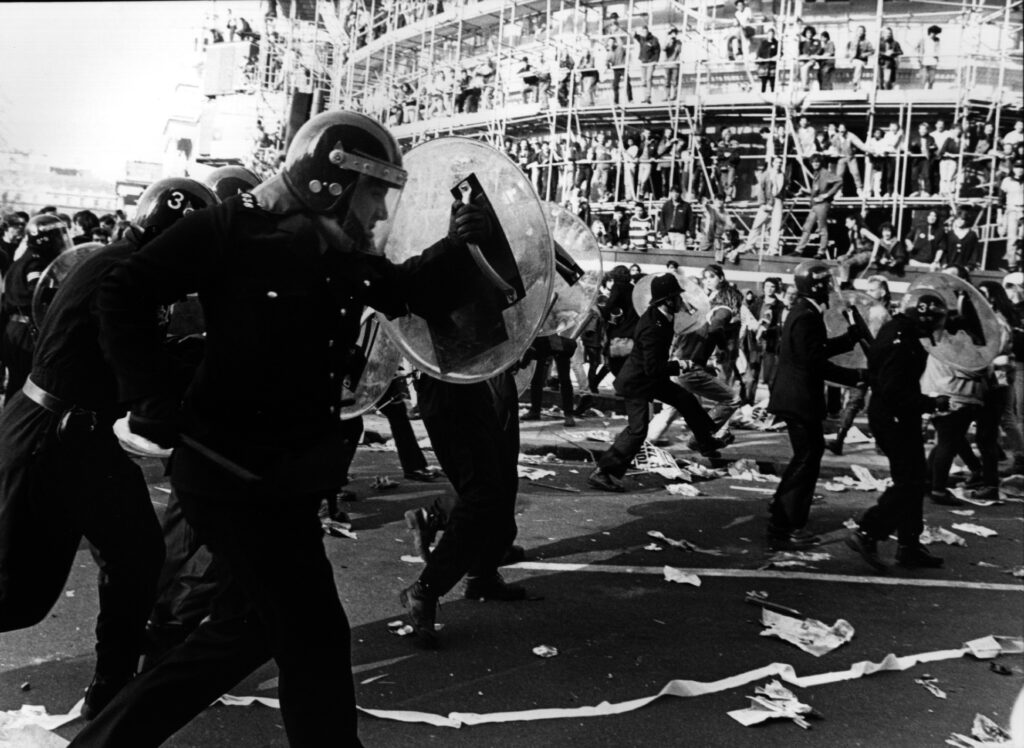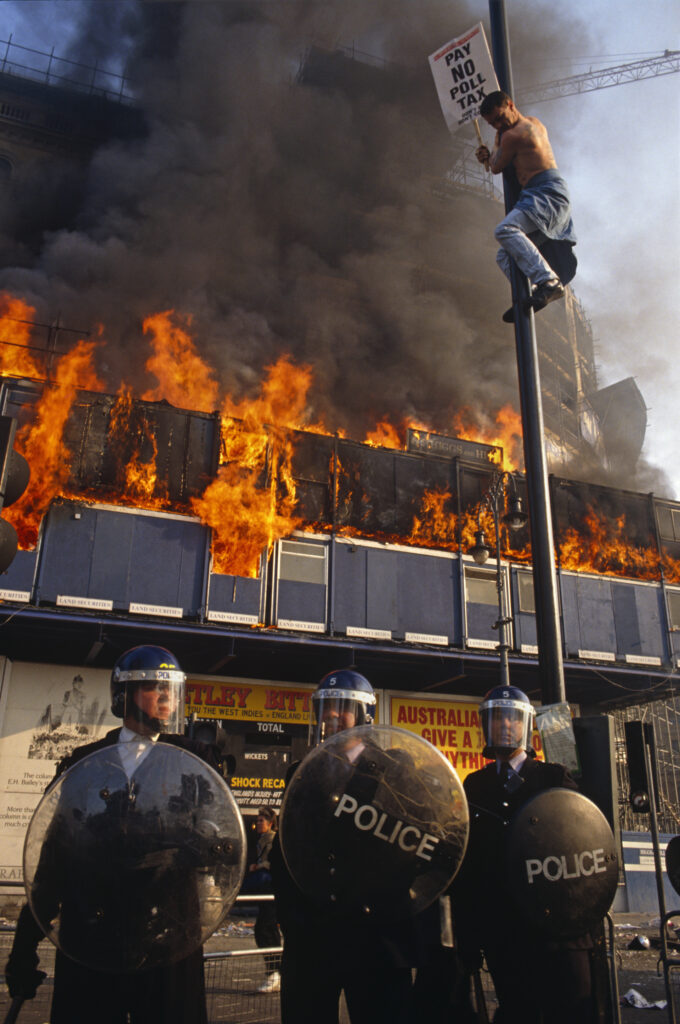As Europe enters into what looks to be a winter of political and social chaos, a trade union tsar in the United Kingdom has hinted that the country could see riots over the current cost of living crisis.
Britain could see cost of living riots before the year is out, a senior trade union representative appeared to suggest on Wednesday, as workers in the country desperately push for their wages to rise as inflation tears into their pay packets.
Warnings of future political and social unrest across Europe have become increasingly more common over the last number of weeks, with officials in both France and Germany expressing concern that parts of their population may act out over the wealth of crises facing the continent.
According to a report by The Guardian, Sharon Graham, who heads up the British trade union Unite, has claimed that public disquiet over the cost of living crisis has risen to such a point that it is now comparable with the anger felt by the public over the late Prime Minister Margaret Thatcher’s poll tax.
This measure prompted hundreds of thousands across Britain to take to the streets in opposition to the levy, with protesters ultimately rioting and clashing with police across the country.
“I actually think there is a moment where people could rise to doing exactly the same thing again,” Graham reportedly told the publication, saying that without a “shadow of a doubt” tensions in Britain have now risen to a similar level as during Margaret Thatcher’s era.

Riot police and anti-poll tax demonstrators in Trafalgar Square during the anti-poll tax riots of April 1990. UK. (Photo by �� Howard Davies/CORBIS/Corbis via Getty Images)
Graham’s suggestion that the United Kingdom could soon be facing riots echoes warnings from officials in Continental Europe, where crises to do with inflation and the shortage of gas have many fearing the possibility of public unrest.
For example, President Emmanuel Macron warned that France faces the possibility of disorder as it enters what he called the “end of abundance”, with the liberal head of state begging the public to “agree to pay the price” for what he described as “our freedom and our values” and to resist the rise of what he termed “illiberal regimes”.
Meanwhile, multiple officials in Germany have warned that the country faces the possibility of gas riots over the winter period as people are left unable to adequately heat their homes, with others demanding steps be taken to prevent those on the populist right from gaining mass support over the crisis.
“[A]fter the pandemic and the world events of the last few months, we are dealing with a highly emotional, aggressive, pessimistic mood among the population, whose trust in the state, its institutions and political actors is at least in some parts afflicted with massive doubts,” one official in the country reportedly said, while another went so far as to describe members of the public looking to resist the policies of the country’s political class as the “new enemies of the state“.
For Britain, however, unrest has so far taken the form of widespread strike action in many different industries, with dockers, rail workers, teachers, criminal barristers, postal workers, hospital staff, waste disposal workers, and many others either planning industrial action or already actively partaking in it.
While each union dispute at the centre of these strikes has its own peculiarities, a core theme among nearly all of them is that workers are desperate to see their pay increased so that they can better deal with rapid inflation, which could rise to over 18 per cent by next January and is drastically eroding their real incomes.

Several metres above the ground, a lone protester hangs on to a street light pole in London’s Trafalgar Square at the height of the famous Poll Tax Riot on 31st March 1990 as flames erupt from a building site on The Strand. Three police officers wearing helmets and riot shields brace themselves for further violence as angry crowds, demonstrating against Margaret Thatcher’s local authority tax, stormed the Whitehall area and then London’s West End, starting fires and overturning cars, looting stores up Charing Cross Road and St Martin’s Lane. The anti-poll tax rally in central London erupted into the worst riots seen in the city for a century. Forty-five police officers were among the 113 people injured as well as 20 police horses. 340 people were arrested. (Photo by In Pictures Ltd./Corbis via Getty Images)

COMMENTS
Please let us know if you're having issues with commenting.